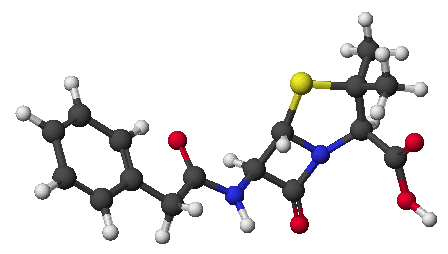
Chem 336 - Spring 2002
Organic Chemistry III
Dr. Carl C. Wamser

know the terminology:
acetal, hemiacetal, ketal, hemiketal
cyanohydrin, Wittig reagent, ylid
imine, oxime, hydrazone
Baeyer-Villager oxidation
Clemmensen reduction, Wolff-Kishner reduction
understand how the polarity of the carbonyl group leads to nucleophilic addition reactions
recognize how acid or base catalysis assists nucleophilic addition reactions
recognize the relative reactivity expected for aldehydes
or ketones
(steric hindrance / conjugation effects)
be able to name various aldehydes and ketones
write products of oxidation or reduction reactions involving aldehydes or ketones
recognize appropriate reagents to carry out a specific reaction
write products of nucleophilc additions to carbonyl compounds:
water --> hydrates
alcohols --> hemiacetals, acetals
amines --> imines
hydrides --> alcohols
organometallics --> larger alcohols (with a new C-C bond)
Wittig reagents --> alkenes
write mechanisms for nucleophilic addition reactions, with acid or base catalysis
create a synthetic sequence to prepare a given target molecule